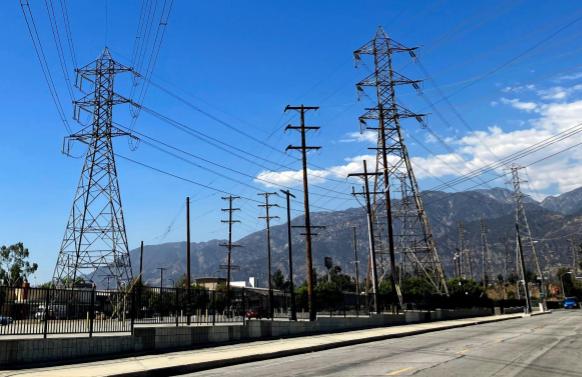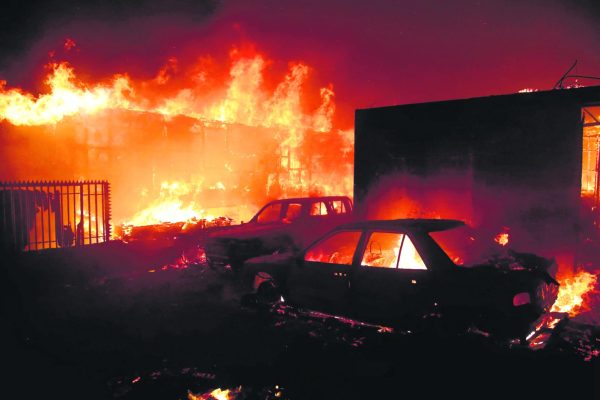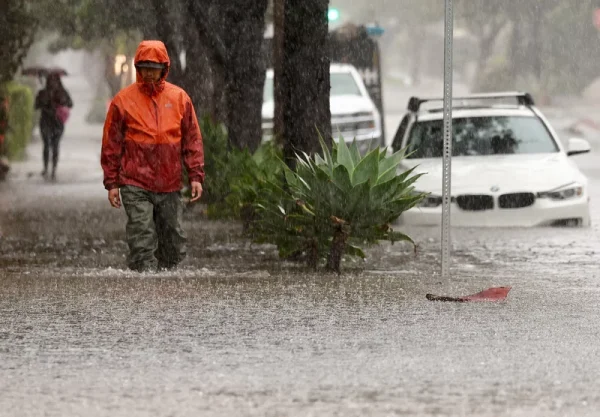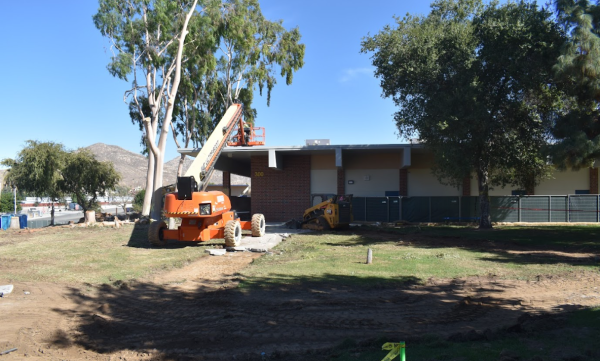Overuse of Electricity in California

Recently power grids have been strained due to the heat. (Credit to NPR)
California is notorious for having hot weather during the summer. This warm weather may be great for swimming or a beach trip, with temperatures rising up to over 100° Fahrenheit. This year, July was labeled as the 6th hottest July recorded. According to Grid News, 2022 is on pace to crack the top 10 of the hottest years to date. The NCEI states there were approximately 39,226 wildfires throughout the span of January – July 2022. California has public safety power shutoffs, where power is manually turned off in an area to prevent the risk of wildfires.
Senior Jonathan Ortega gave his thoughts on the overuse of electricity. “Over the summer there have been multiple power outages where I live. It sucks having no air conditioning and you can’t open your fridge until the power’s back on. It can be boring without TV or electronics and the heat really makes it even worse.”
This heat isn’t only affecting our body temperature, with the power grids being heavily strained from the overuse of non-important appliances inside of homes. A flex alert is a notice that’s issued to cut back on unnecessary electrical use to conserve energy. The California Independent System Operator, also known as CAISO, issued a statewide flex alert on August 17th, August 31st and September 2nd between 4:00 PM and 9:00 PM PST, when the strain is at its peak. The most prominent use of electricity during the summer is usually air conditioning and washers/dryers. California residents are advised to keep their homes cool beforehand to help against the strain.
Freshman Football player Andrew Quintero says “We’ve had a few football practices that were canceled because of the heat, and even 2 freshmen games have been canceled. It is frustrating cause we don’t get to practice plays and that could hurt us when we play games.”
Students and staff here at John W. North have also been heavily affected. Students have been waiting for the lunch lines to move faster to avoid standing in the heat. The use of water fountains here on campus has increased as well and some classrooms have experienced no air conditioning as well. As this heatwave continues, we will most likely continue to see power outages in the near future. Hot temperatures are expected to continue until around early September.











